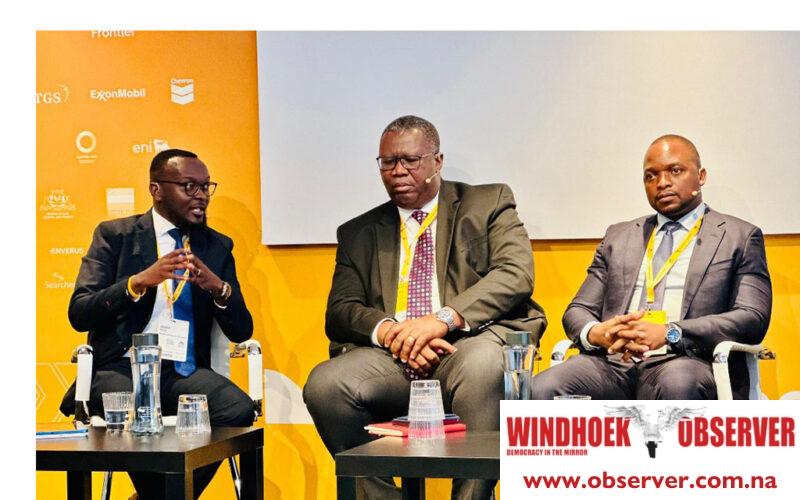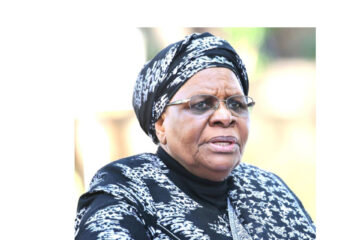Martin Endjala
Namibia requires a forward-looking, fit-for-current and future-purpose Oil and Gas value blueprint and strategy.
Jason Kasuto, the managing director of Monasa Advisory and Associates and chairperson of the Economic Association of Namibia, said this last week at the 2024 Africa Energies Summit in London.
Kasuto emphasised the importance of using foresight tools like the Namibian Socio-Economic Assessment Model (SAM) to analyse the potential impact of future oil and gas spending across various sectors.
“We must start with a thorough analysis of potential impacts across various sectors by applying socio-economic impact foresight tools such as the SAM, which is built to assess impacts specific to the country context. For example, N$1 spent on cement in Namibia has a different impact than N$1 spent on the same product in West Africa,” he said.
He explained that the SAM analyses the impact of each dollar spent across industries and its multiplier impact on employment, household income, and local Gross Domestic Product (GDP).
Kasuto noted that this allows Namibia to apply foresight and have a more accurate view of where the most value can be attained (even in indirect sectors beyond Oil and Gas) and where improvements in value attainment can be found.
He stressed the need for a firm-level analysis of SMEs and large enterprises to differentiate between a quality gap and a capability gap.
He suggested prioritising goods and services for local development to take into account both dimensions.
He said the assumption is that intervention for a potential supplier with a high capability gap would be quite different from one with a high-quality gap.
For instance, he highlighted that a high-quality gap firm would require training, while high-capability firms would require access to procurement pathways and credit to expand facilities or invest in new equipment. He also highlighted the importance of blueprints and strategy.
Kasuto advocates for an enabling environment that allows for transparent information flows between all stakeholders. He indicated that the government should establish vendor registration platforms in collaboration with input from stakeholders, including international oil companies.
“This creates a database of quality and quantity suppliers by bridging especially the information gap. Since the key announcement of the discoveries, Namibia has experienced that any event speaking to the sector is always fully subscribed. This shows you the keen interest from local firms and a significant information flow gap,” he added.
In terms of local content, Kasuto emphasised that it aims to generate a broad-ranging impact from the investments foreign companies make.




